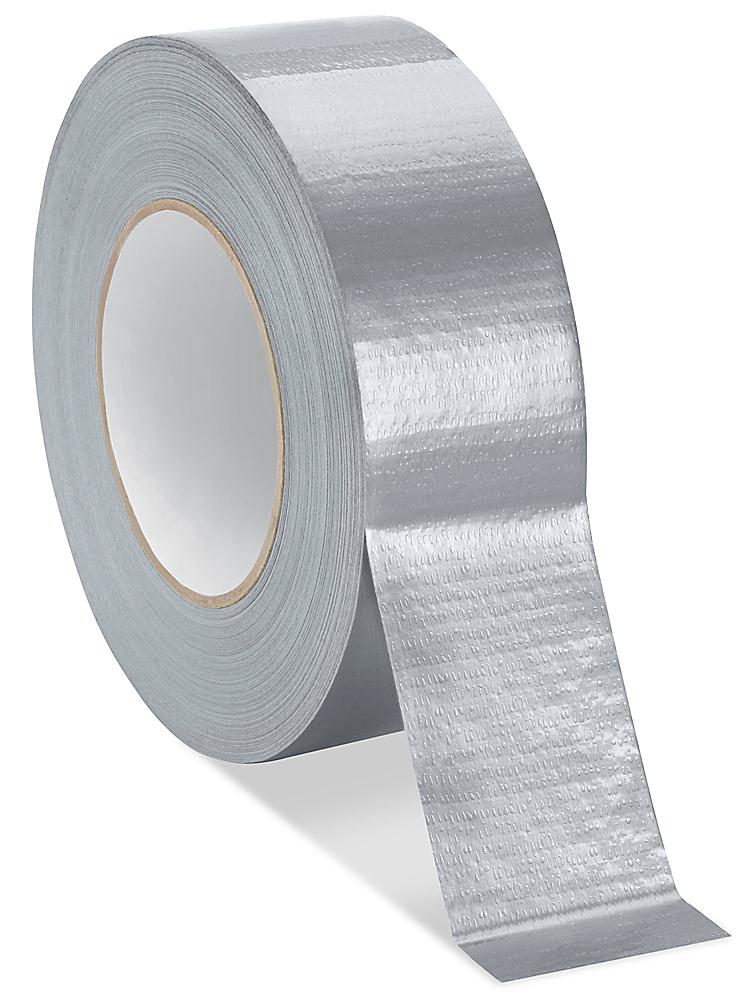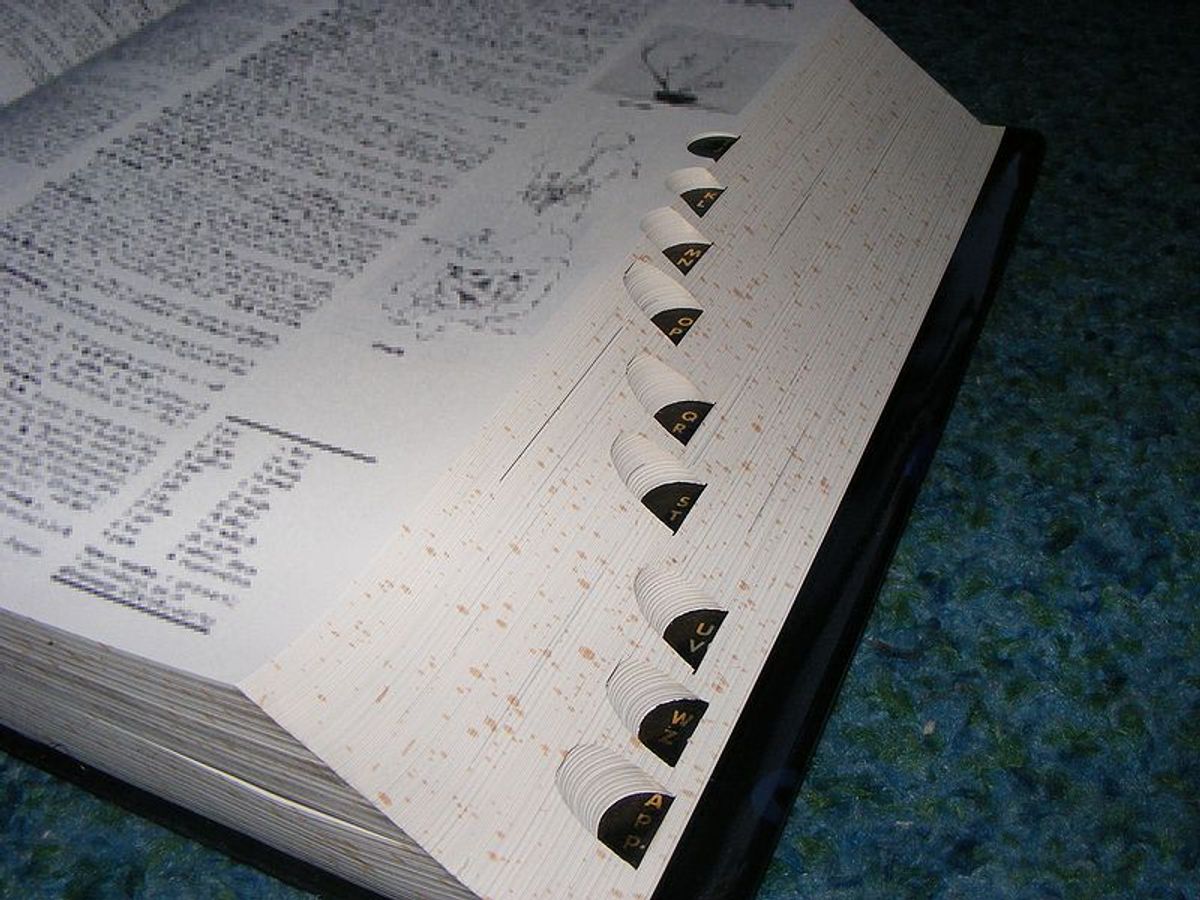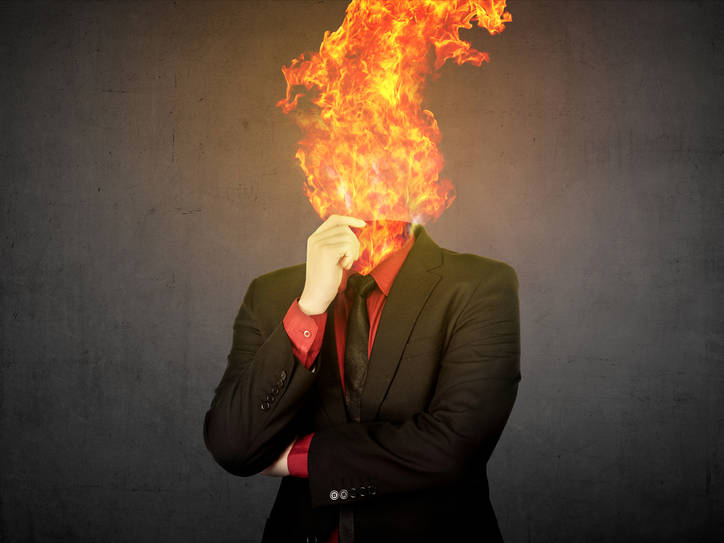The recent thread on tropes done well caused me to wonder when this whole matter of spotting tropes and fretting over them began. I'm pretty sure John Bunyan wasn't worried about tropes. Nor, indeed, did Dickens. At a guess, I'd say 20th century, post-WWII, and coming out of the field of literary criticism, then hugely amplified by the Internet. Prior to the Net, it was probably just writers, agents, editors thinking about "originality" or a cliché.
I did some superficial research but found nothing helpful, except indirectly. For example, the Wikipedia article on tropes does a fine job of identifying the more traditional meaning of the word, but wrt the way we use it, it can only say, "he word trope has also come to be used for describing commonly recurring or overused" literary devices.
Has come to be used. Gee, thanks. How and when it came to be used is the crux of my question. (there's a bit more on a reddit thread, but like everything with edit, the conversation wanders)
I did some superficial research but found nothing helpful, except indirectly. For example, the Wikipedia article on tropes does a fine job of identifying the more traditional meaning of the word, but wrt the way we use it, it can only say, "he word trope has also come to be used for describing commonly recurring or overused" literary devices.
Has come to be used. Gee, thanks. How and when it came to be used is the crux of my question. (there's a bit more on a reddit thread, but like everything with edit, the conversation wanders)







